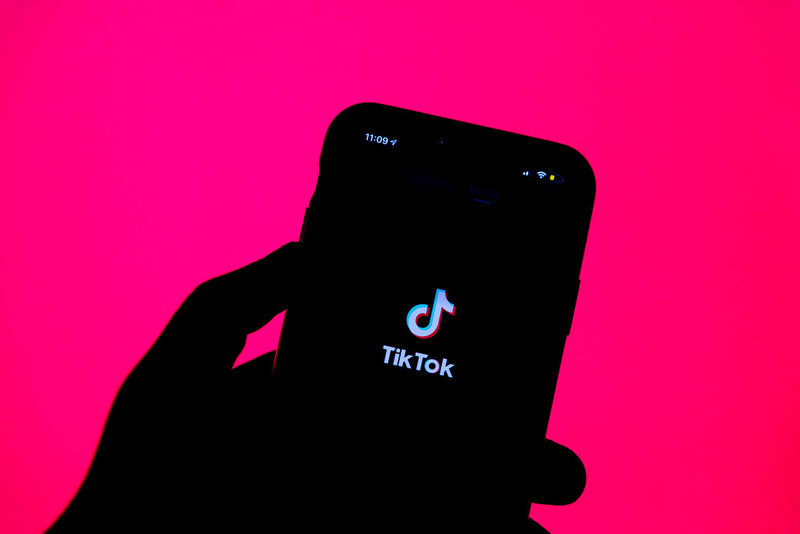Executive decrees upend TikTok, relief debates
Plus expectations beat reality, Beirut's disaster, Turkey's turmoil, and a good week for surveillance

Hey everybody, welcome to another seven minutes of executively ordered dissident business news from Contention. This week:
Markets love expectation beats, ignore reality
Executive decrees upend TikTok, relief debates
Beirut explosion highlights sectarian corruption
Rapid Round: Turkey’s turmoil, AIIB re-elects Jin, Facebook maneuvers on TikTok, surveillan…
Keep reading with a 7-day free trial
Subscribe to CONTENTION to keep reading this post and get 7 days of free access to the full post archives.


